Photo Story: Daily life of community workers in Nepal
In February, GAATW-IS was privileged to visit colleagues from People’s Forum, ABC-Nepal, WOREC and Pourakhi working with migrating women in Chitwan, Rupandehi, Morang and Dolakha districts of Nepal.
GAATW-IS and the above mentioned NGOs are partners in a project called Work in Freedom, which the International Labour Organisation is implementing with financial support from the Department International Development (DFID), UK. The project aims to reduce trafficking of women from India, Nepal and Bangladesh who migrate to the Middle East to work in the domestic work sector.
In July 2014, GAATW-IS conducted a two-week long residential capacity-building Training of Trainers for NGO colleagues on Women, Work and Migration. Following the training, our trainees have conducted sessions for a number of peer educators and social mobilisers. It is those frontline workers who are interacting with women in the villages of the focus districts. These community workers aim to enable women to take well thought-out and informed decisions regarding their overseas labour migration.
Our meetings with the peer educators in the districts were truly humbling and inspiring. We were impressed by their dedication to the work and commitment to women’s rights. Many were returnee migrant workers themselves and had first-hand experience of overseas labour migration. Thus they were able to communicate with the women in communities with empathy. Many displayed strong leadership qualities. We feel that given adequate training support, the peer-educators could steer the social change processes in the villages.
The photo story below is our tribute to the peer educators we met during our visit.
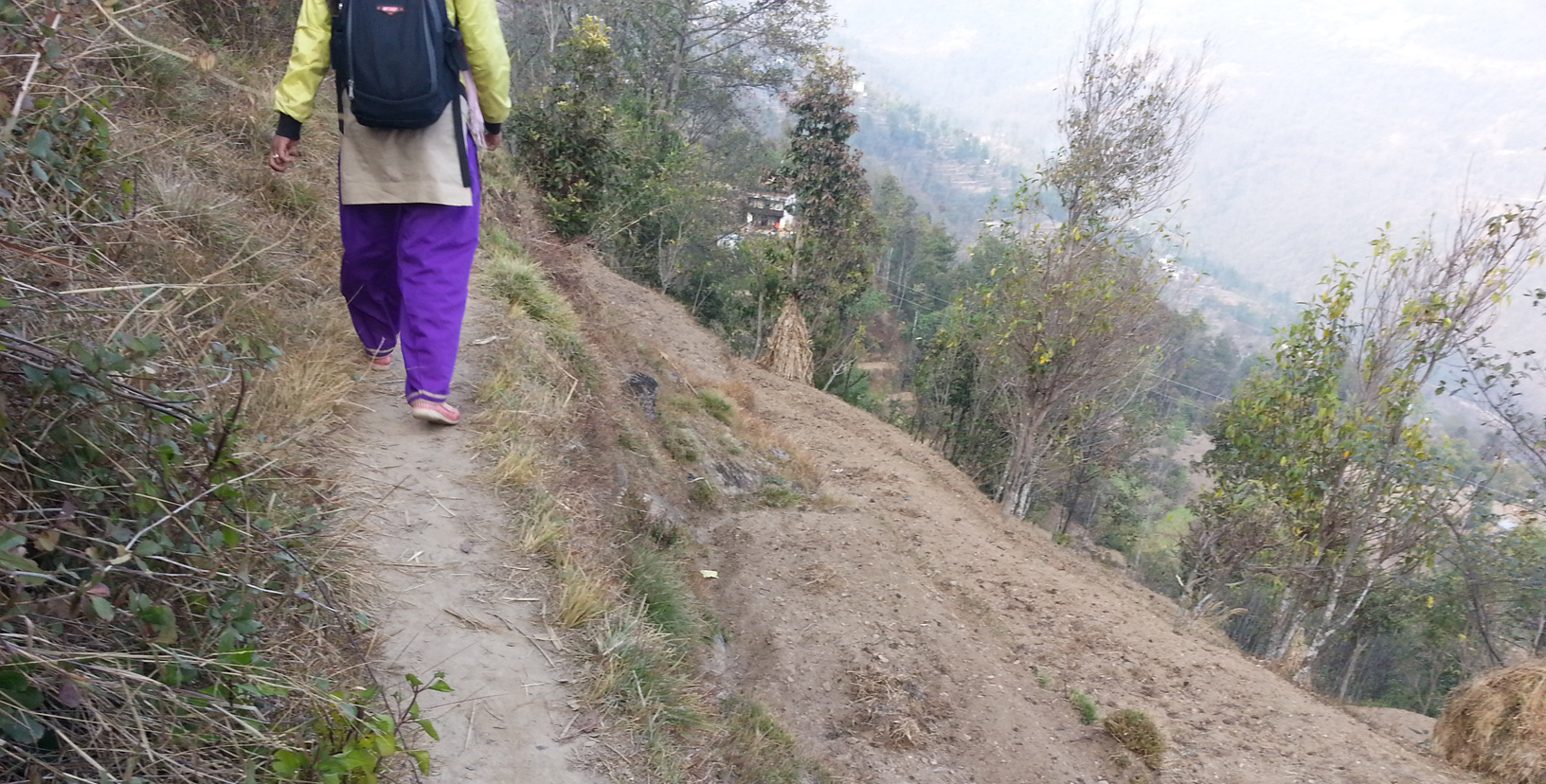 One community worker said that she was inspired to work as a peer educator after hearing about the challenges that migrant workers face.
One community worker said that she was inspired to work as a peer educator after hearing about the challenges that migrant workers face.
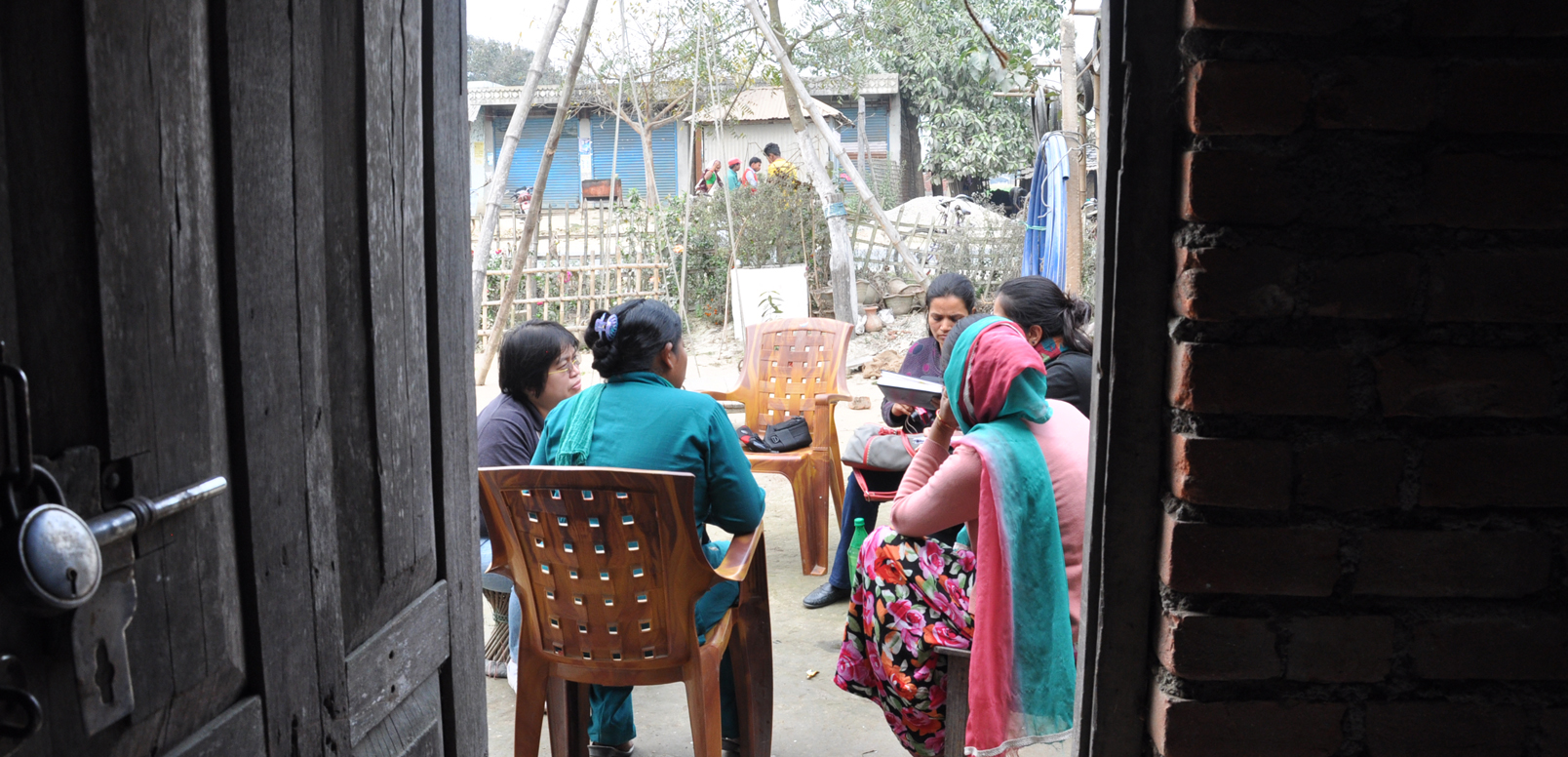 As well as door-to-door visits, peer educators also organise focus group discussions and pre-decision-making training for potential migrants.
As well as door-to-door visits, peer educators also organise focus group discussions and pre-decision-making training for potential migrants.
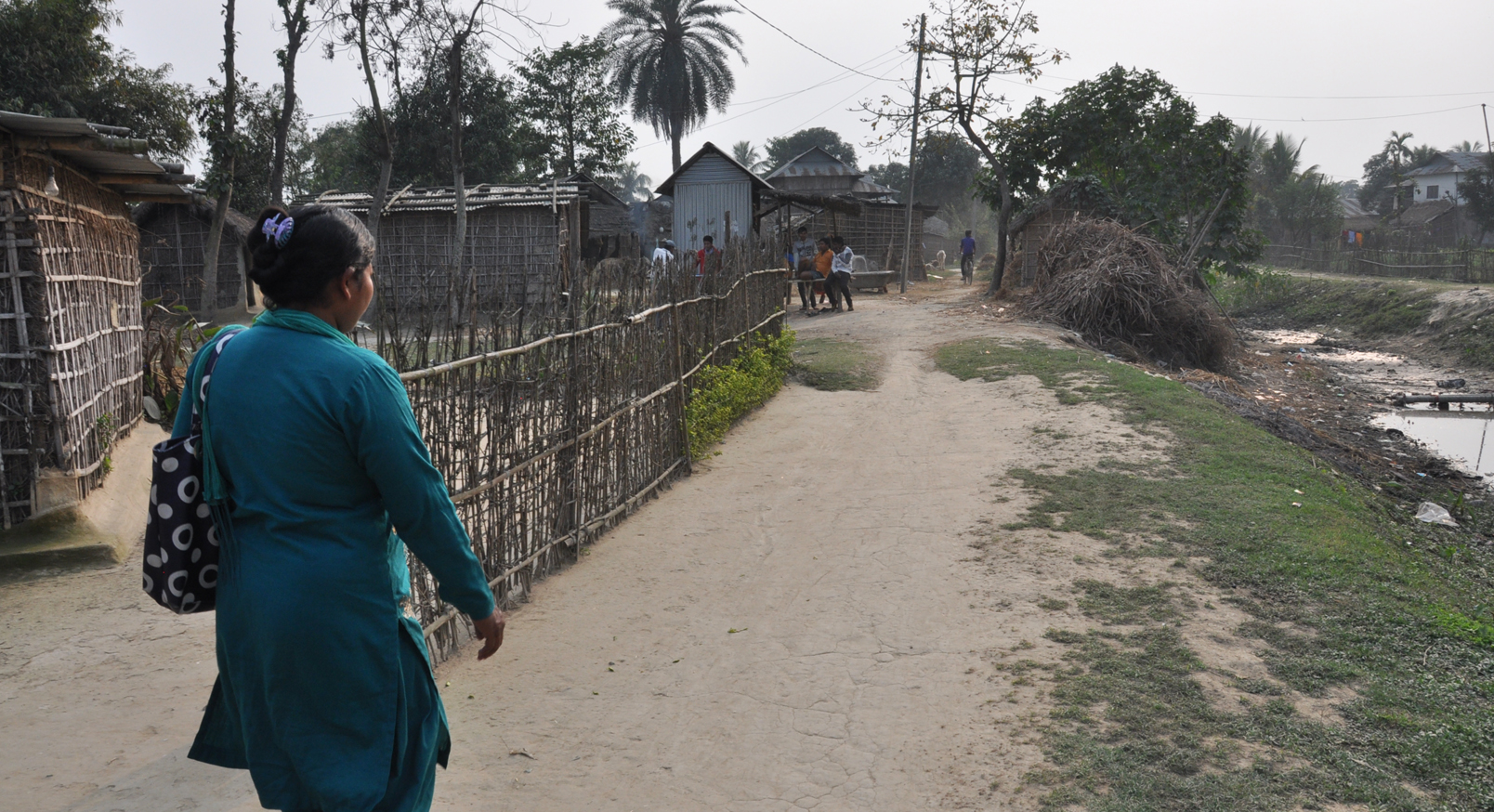 The recognition and appreciation from the community keeps peer educators motivated to do the work.
The recognition and appreciation from the community keeps peer educators motivated to do the work.
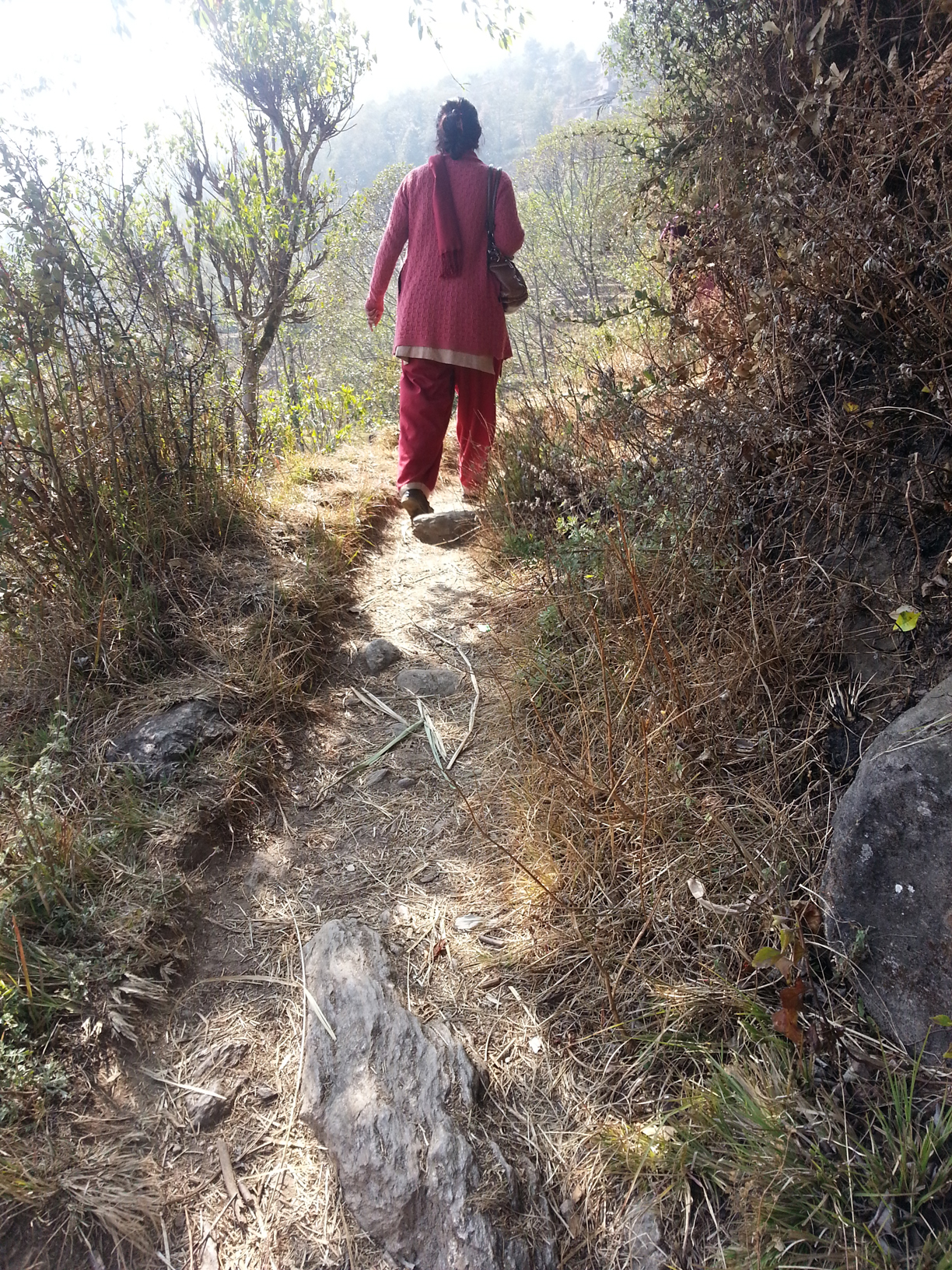
‘It takes me 2-3 hours to walk in the forest to reach the community.’ Peer educator
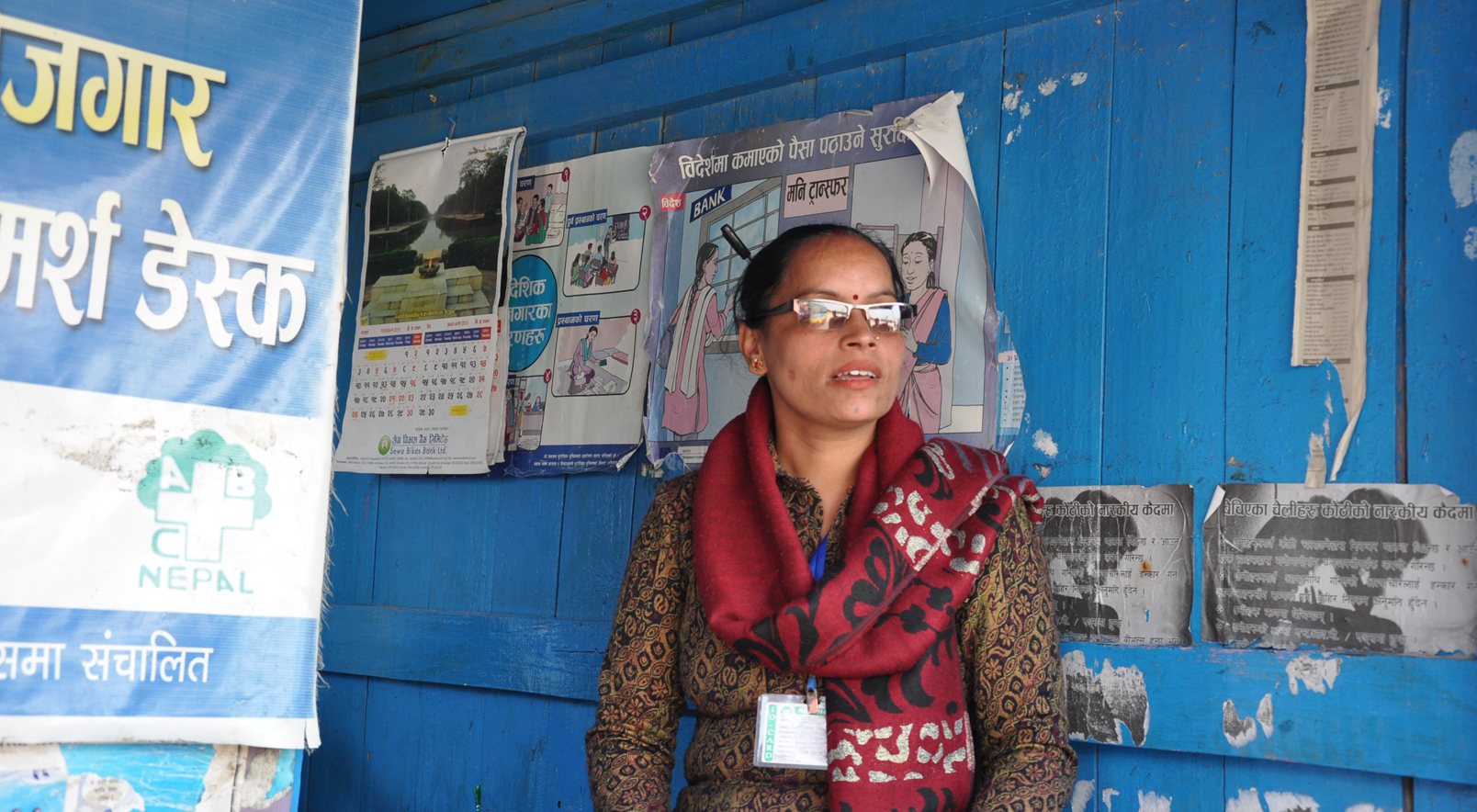
‘My role is to give the right information. I feel happy when I can give information to a large number of people. If I could only reach out to more people, then more people would receive information before they decide to migrate.’ Peer educator
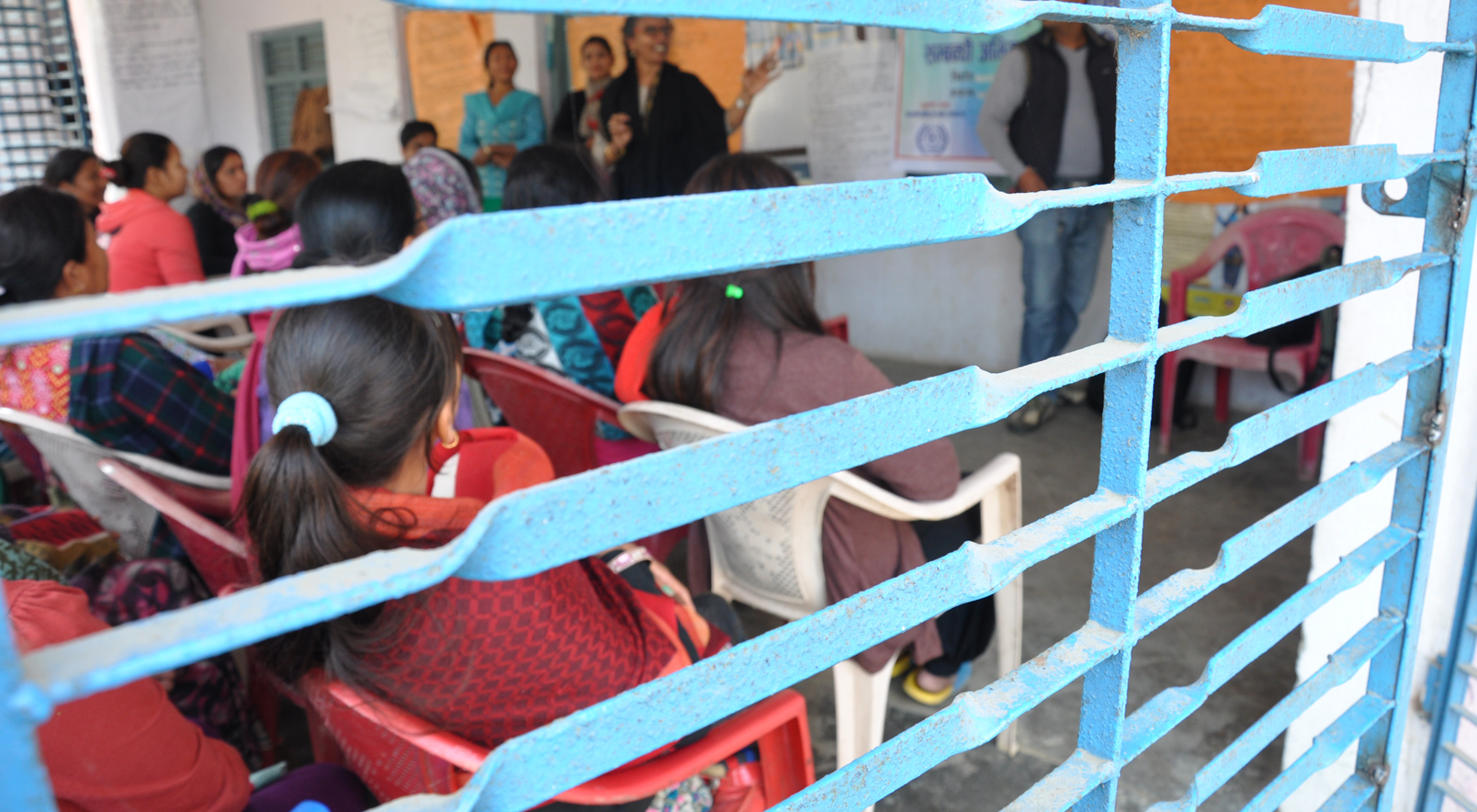
‘My top priority is to give the right information to women.’ Peer educator
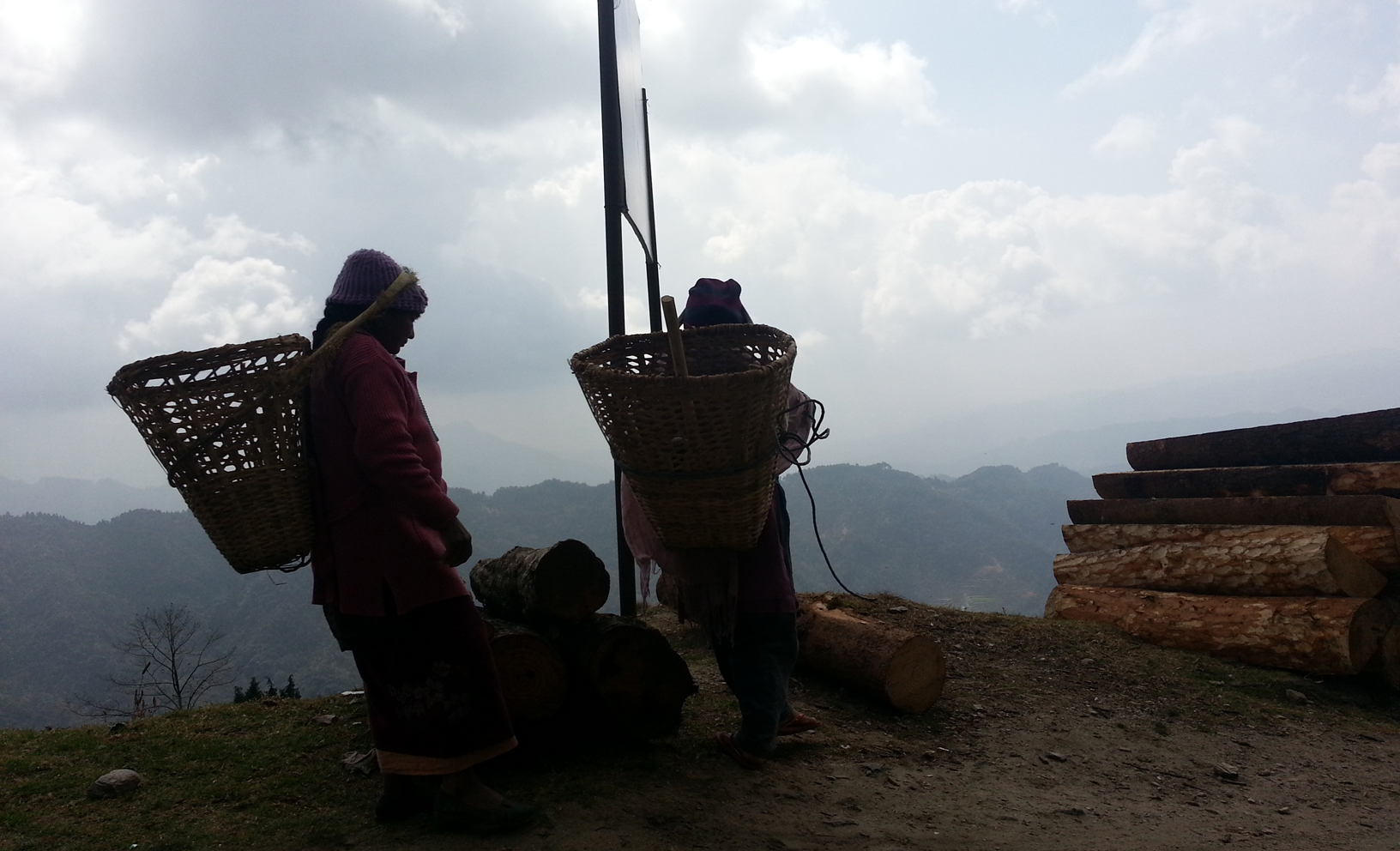 One peer educator said that the role gave her a chance to stay and work in the village, rather than migrate for work. She was also able to share her knowledge with women in the community.
One peer educator said that the role gave her a chance to stay and work in the village, rather than migrate for work. She was also able to share her knowledge with women in the community.
----------------------------------

